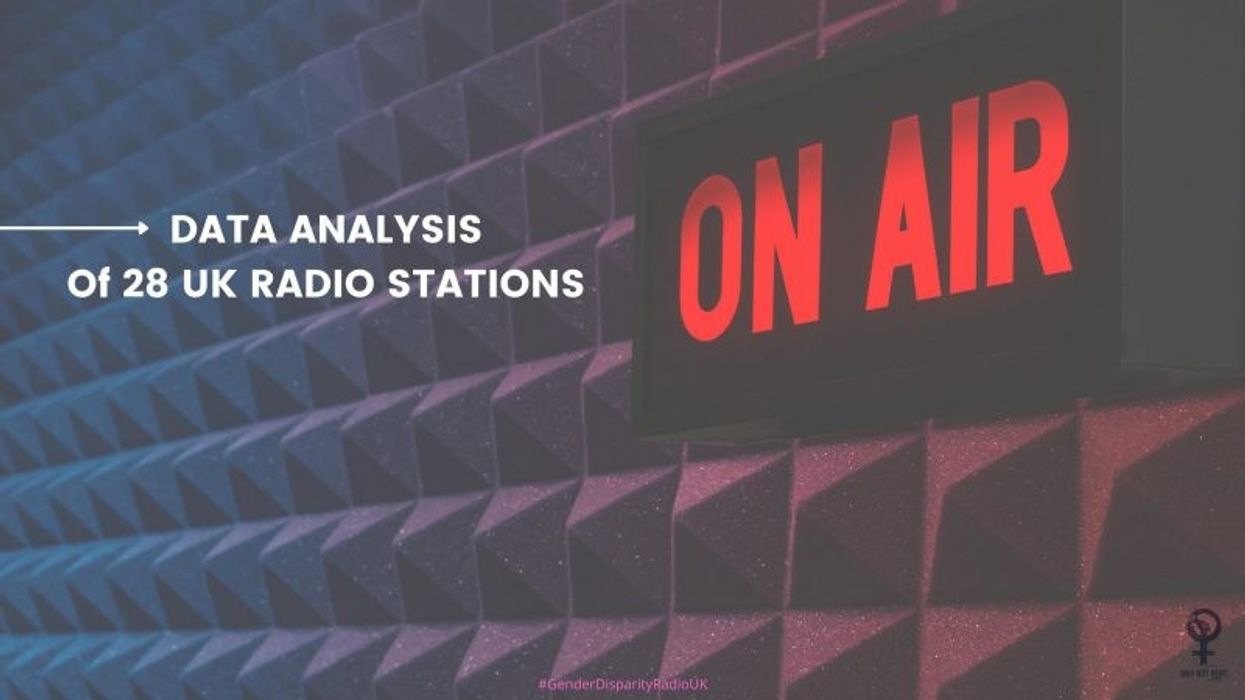An analysis of the top 20 domestic British artists/bands featured across UK radio stations during the period of August 1st, 2021-2022 reveals that white male artists still dominate on-air across the top 20 airplay charts.
The report further says that in the Top 50 UK songs of 2022 across UK radio, 94% of songs featured were by artists/bands signed to a major label while 2% of songs were by artists/bands signed to an independent label.
4% of songs featured in the Top 50 were by artists/bands signed to an independent label with major label distribution and 8% of songs featured were by POC solo artists/bands. 8% of songs featured were by ethnicity collab artists/bands and 10% of songs were by ED Sheeran (with 5 songs of ed's featuring).
A 1985 song 'Running Up That Hill' by British artist Kate Bush featured in the Netflix show Stranger Things, which led to her song becoming a surprise hit this year. It also landed Kate in the Top 50 most played tracks on British radio so far this year at 40.
Harry Styles is the Number 1 artist on UK radio so far in 2022. Of both UK & International artists in the Top 100, he is number 1 with his hit song ‘As It Was.’
In the Top 100 UK + International songs of 2022 across UK radio, 50% of songs are from domestic UK artists/bands. Therefore, British radio supports 50% of domestic artists in its Top 100 songs so far in 2022, in comparison to Irish radio which was only 18% Irish artists. 34% of songs in the Top 100 are from international bands from Europe, AU, and the USA among others. 16% of songs are from domestic UK/International collaborations between the artists.
International music artists are equally present in the Top 100 singles, regardless of gender. UK solo male music artists are present in the Top 100 x3 more than solo female music artists. Including solo and gender collaborations - UK male music artists are present in 80% of all top 100 singles, female music artists are present in 60% of all top 100 singles.
When UK artists collaborate with international artists in the Top 100, male music artists are present 94% of the time, and female music artists are present 56% of the time. UK, white-only music artists/groups are represented x10 more than POC-only artists/groups
Overall, among UK & International entries, solo male artists present twice as much as solo female artists in the Top 100.
“It’s a real shame that there's a muted desire to genuinely create change and represent a balanced view of music and essentially the storytelling and culture of our people by our musical creatives. Before these gender disparity radio reports, we never would have imagined that radio would proactively amplify, promote and essentially employ one section of society to the detriment of another. It is our hope that these data reports can continue to set the precedent for a lot of change to come. Change can happen at a quick rate when an unconscious bias is stripped back. We hope this report helps to make a structural change,” says Linda Coogan Byrne, Lead Data Analyst/Activist.
"It's Groundhog Day for the music industry, or certainly for UK radio. Whilst there are a few stations out there doing the right thing for gender equality (hullo Radio 6, Classic FM) most are definitely not and some have gotten significantly worse over the past year (Radio 1's figures are just grim) so it's clear that it's a deliberate policy to exclude women from the airwaves. Quite frankly, I'm pretty exasperated about it,” says Vick Bain, The F-List / DEI Speaker.
“As a curator, it's one thing to fall into an unconscious habit. However, once you're aware of it and yet you continue as you have done, I think it means that you either don't care about the impact that your role has in shaping national culture or you think that white men should be the authors of British culture with only space for footnotes by women, POC or the LGBTQIA community. It feels very 20th century and we're in the 21st century,” says Winnie Ama, Data Analyst & Activist.
“Our radio curators are hitmakers, game-changers, and the editors of our national soundtracks. We really hope that they move to consider that radio has a responsibility to promote a balanced version of our society that includes all its facets and flavours. We will continue as a collective to stand with our colleagues in working towards reaching an equal voice for women and artists of colour alongside the LGBTQIA community across every facet of our culture and we will never be afraid to ask the question why not her/them?” Ama adds.




